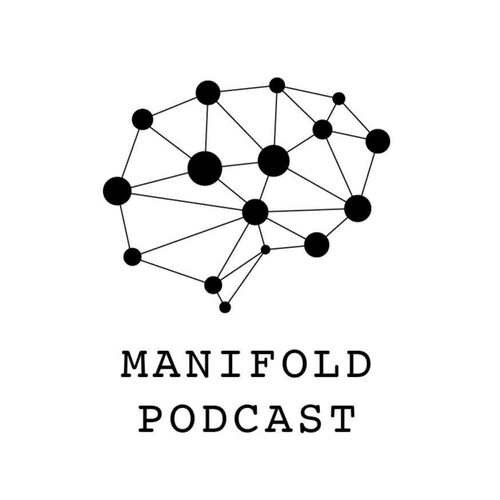
 Manifold
Manifold Ken Liu: Art in the Age of AI — #79
111 snips
Feb 13, 2025 Ken Liu, an acclaimed science fiction and fantasy author, discusses the immigrant experience and cultural identity, highlighting feelings of alienation. He delves into the intersection of technology and storytelling, revealing how his background in both programming and law shapes his writing. Liu also explores AI's evolving role in artistic expression, sharing thoughts on its potential and controversies. Additionally, he reflects on the impact of literature on his journey as a writer, emphasizing passion and the significance of creative endeavors.
AI Snips
Chapters
Books
Transcript
Episode notes
Third Culture Kid
- Ken Liu, born in China, immigrated to the US at 11, giving him a third-culture perspective.
- This allows him to see cultural systems from both inside and out, fostering a cosmopolitan view.
Modern Rootlessness
- In the modern world, everyone experiences a form of immigration as they adapt to new environments and expectations.
- This constant need to change and learn new systems creates a sense of rootlessness.
Symbol Manipulation
- Ken Liu's diverse career path, from software engineer to lawyer to writer, shares a common thread: manipulating symbols.
- Whether it's code, legal arguments, or prose, he views his work as constructing artifacts from abstract symbols.










